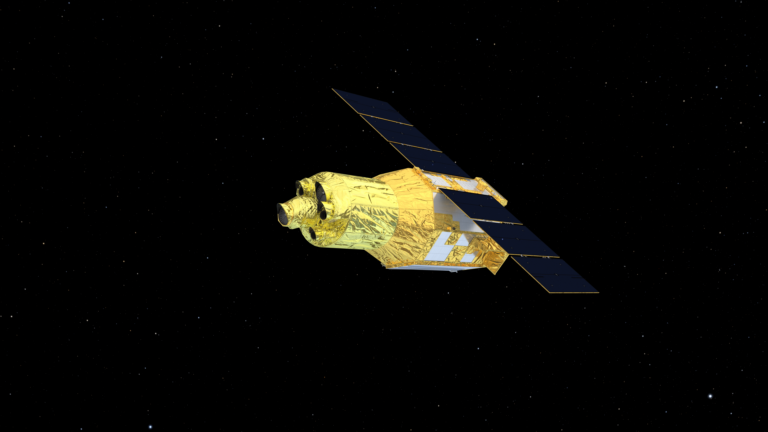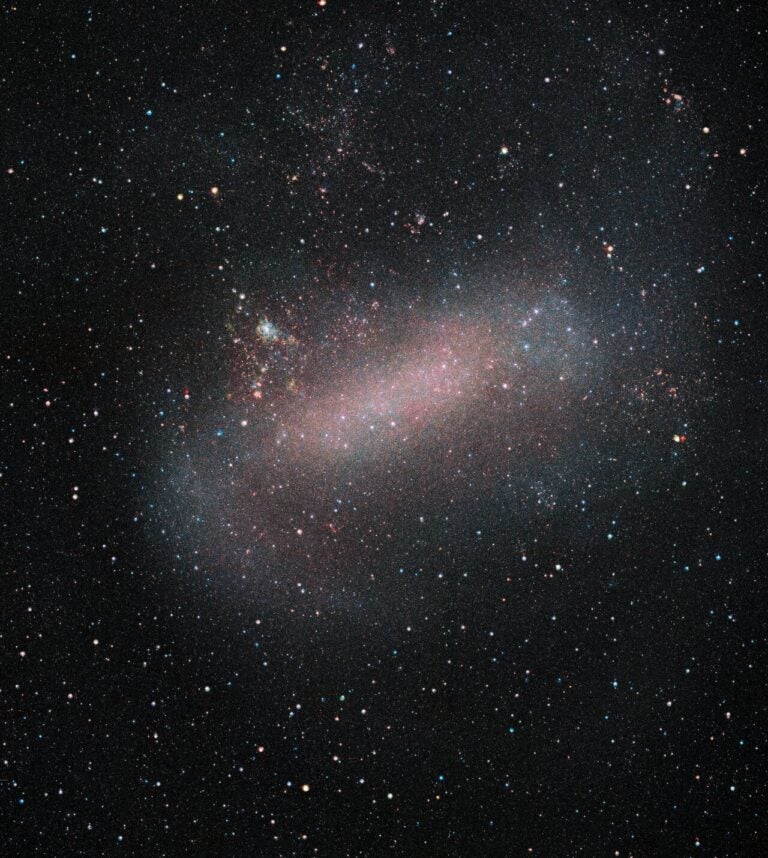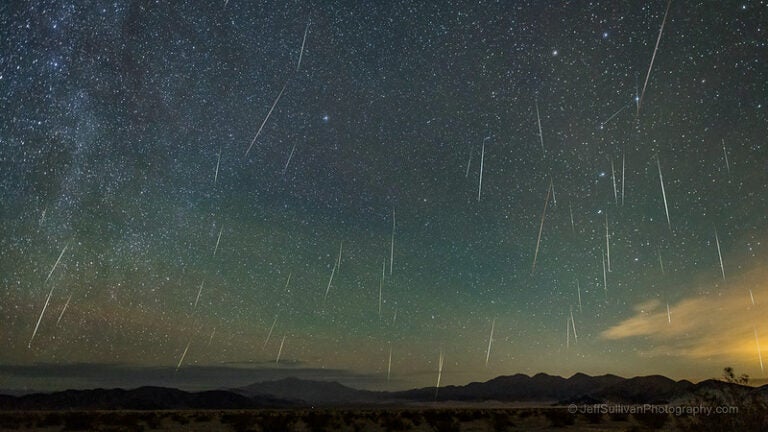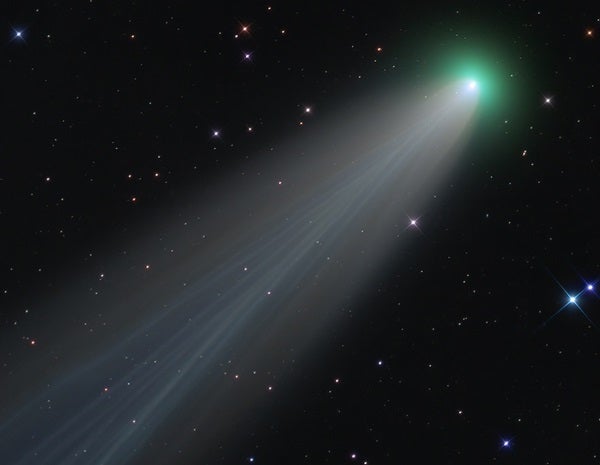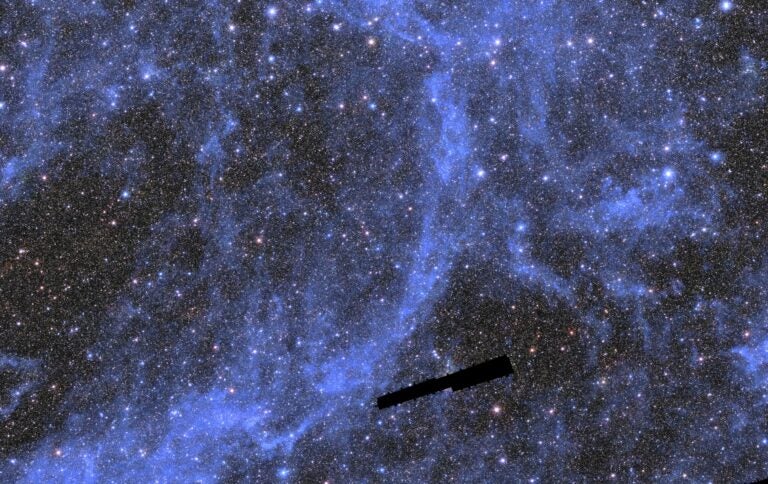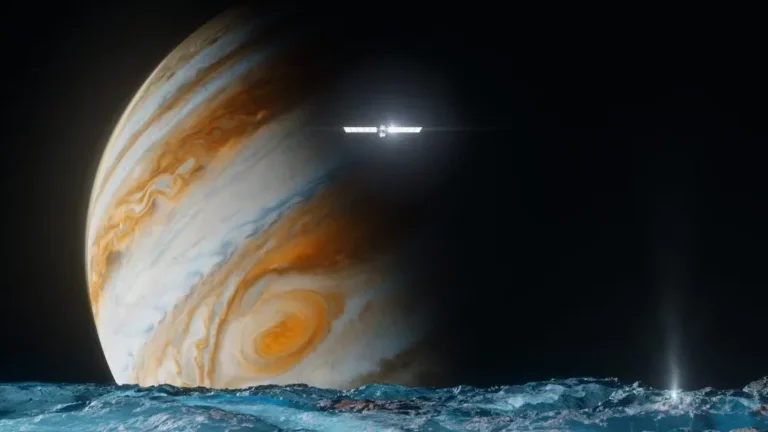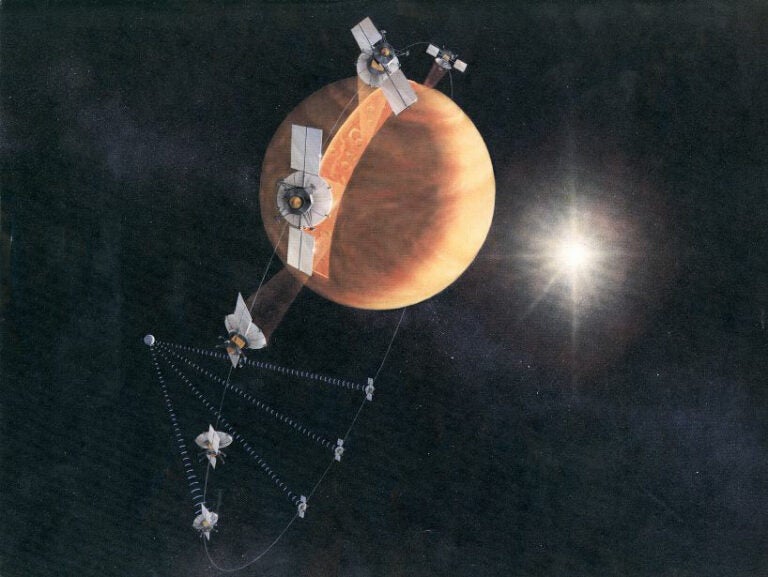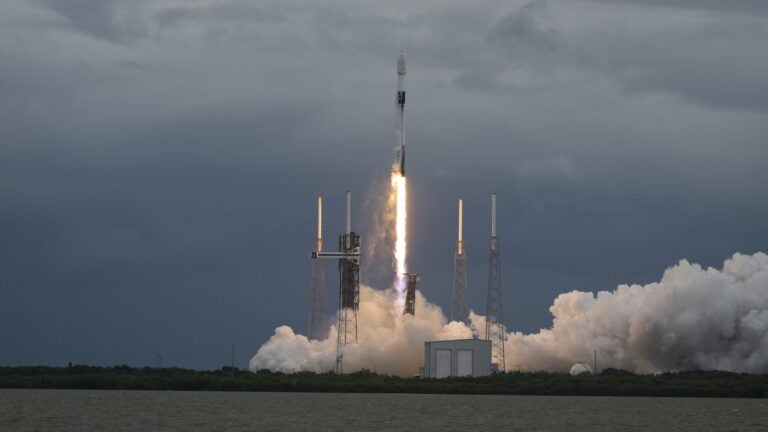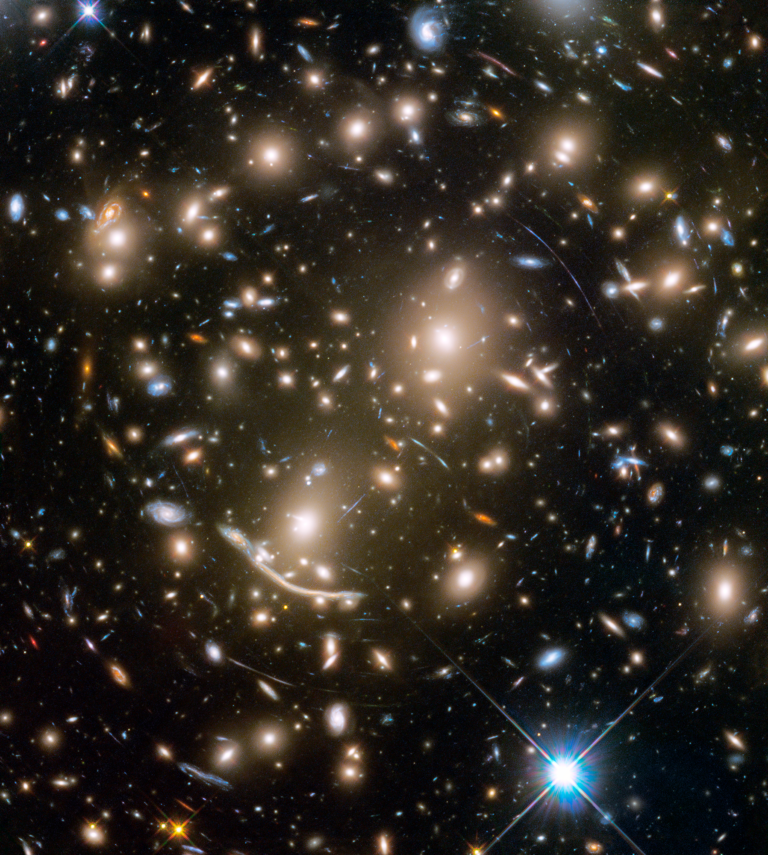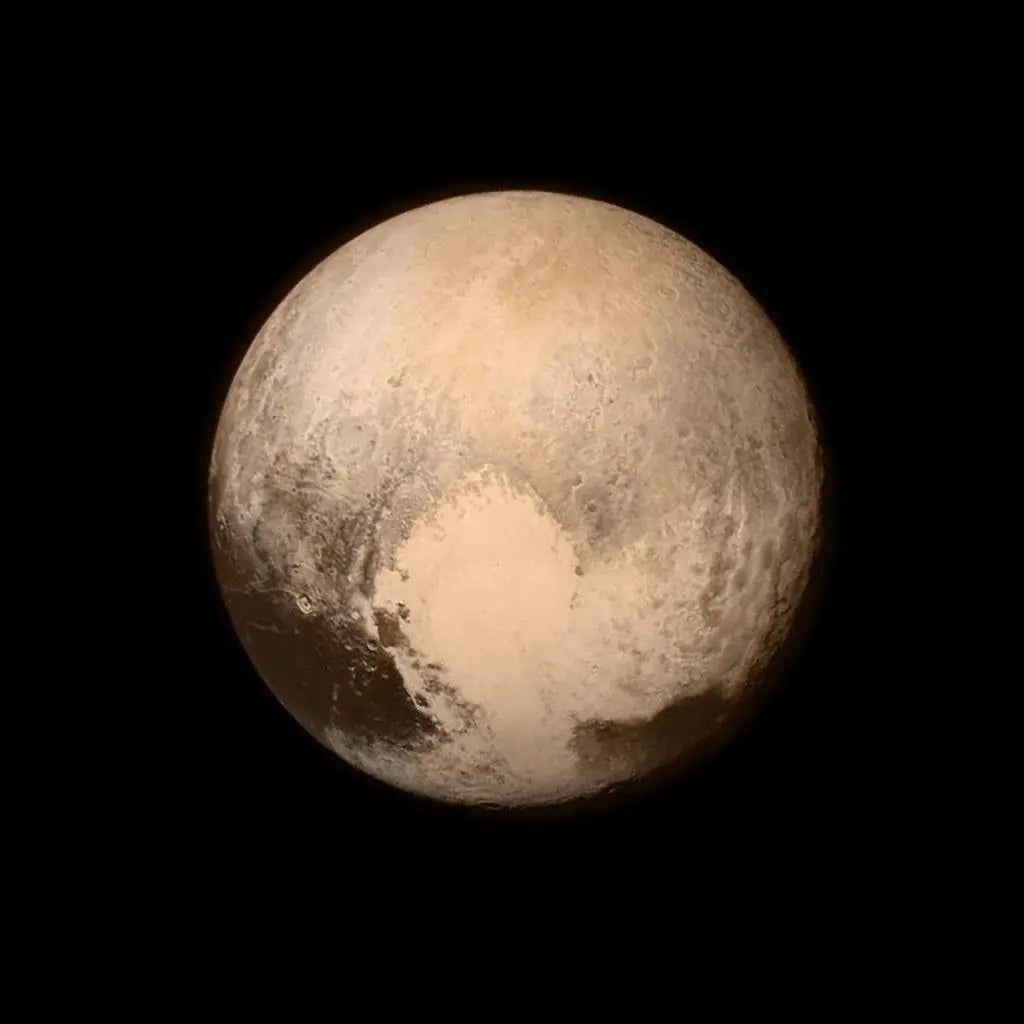
Astronomy.com: We were going to write something new about Pluto here. But Astronomy Magazine editor Dave Eicher has already done the heavy lifting. Before we get to the experts here’s how Dave described the discovery and death of Pluto as a planet in a December 2023 column:
In 1930 a young astronomer from Kansas, employed as an observer at Lowell Observatory in Arizona, discovered Pluto. It was the first planet in the solar system to have been discovered since 1846, when astronomers in Germany detected Neptune. Clyde Tombaugh, just 24 at the time, was hailed as a hero, Disney named a cartoon dog after the new planet, and for 76 years the solar system was a happy place.
And then, in 2006, the International Astronomical Union (IAU) reconsidered Pluto’s status. In a controversial vote, astronomers — not planetary scientists — “demoted” Pluto to the status of being classified as a dwarf planet, taking away one major planet and reducing the number in our solar system to eight. Astronomers suddenly took sides, seeing various sides in the logic, and schoolchildren all around the world were heartbroken, having been enamored with the story of the most distant and mysterious planet that was discovered by a young, self-educated researcher, and having that status heartlessly yanked away.
Astronomy.com: OK, the scene is set. We’re working in a shared document and Alison will go first. Alison, is Pluto a planet?
Alison Klesman, senior editor, Astronomy: To me, Pluto is not a planet — and that’s a sign of progress. Classification and nomenclature in science is admittedly often arbitrary, but the idea is to at least group like with like so we can better understand how the universe works. By grouping like with like and separating things that are dissimilar, we can get an idea of how a certain group of, say, objects (moons or dwarf planets or centaurs or major planets) formed and evolved that sets them apart from the others. Sometimes those differences are big, and sometimes not. But every little clue helps, and to me, that’s where creating those separate categories becomes most important.
I often try to think of the “demotion” of Pluto like this: Say you are studying four-legged animals. All you’ve come across so far are mammals (though you don’t know that yet): cats, dogs, deer, badgers, raccoons. Then you come across something strange. It’s cold-blooded, not warm-blooded. It doesn’t have fur but it has scales. It lays eggs instead of birthing live young. But it’s got four legs and a tail and breathes oxygen and does all the other things the animals you’ve seen so far do. So, you classify it exactly the same as the rest of them, thinking it’s just a weird outlier.
But then you keep searching, and you find more animals like this weird one. You find more and more until you realize it’s not a strange subset of mammal, it’s actually something else entirely, let’s call it a reptile! They are similar, but not the same, and the first one you found, that seemed like such a weird outlier, fits nicely under the reptile umbrella when you make it a separate group.
Admittedly, I am not a biologist, so maybe this metaphor is a bit off, but hopefully you can see where I’m going with it! That’s why I’m OK calling Pluto something other than a planet. What we call Pluto doesn’t affect what it is, only how we understand it within the larger context of the solar system. We now know that Pluto is not an outlier among the other planets, but fits squarely into a different group of objects — Kuiper Belt objects, among other things — that reveals a very different and hopefully more accurate story than we had when we were trying to make it fit in a group that just wasn’t quite right.
Astronomy.com: That’s a wise answer and we do see where you are going with that metaphor. This part gets right to the heart of the question, too: “What we call Pluto doesn’t affect what it is, only how we understand it within the larger context of the solar system.”
Mark, what do you think?
Mark Zastrow, senior editor, Astronomy: The cop-out real answer is that it depends on who you ask. And that’s OK! It’s totally fine for different scientific communities to use words differently. The word “evolution” means one thing to a biologist studying, say, the heritability of genetic traits and a very different thing to an astronomer studying how galaxies merge and grow. Pluto can be a planet to people who study planets and a not-planet to people who study not-planets, or who study planets in a different way.
I’m generalizing here, but the debate around Pluto’s planethood can roughly be split into two camps — people who study how solar system bodies move, and people who study solar system bodies’ geology.
To make an even more sweeping generalization, how something moves through the sky tends to fall into the domain of what we’d call “astronomy,” while studying the geology of those bodies is “planetary science.”
This may seem like a trivial distinction, and in many ways, it is — science is interdisciplinary. But the field of professional astronomy does break itself down along these lines in certain institutional ways. Whether you identify as an astronomer or a planetary scientist will likely determine whether you join, say, the American Astronomical Society or the American Geophysical Union, and perhaps whether you are faculty in an astronomy department or a geology department.
I’m not saying that all astronomers agree with the IAU’s definition, or that all planetary scientists disagree. (Many scientists simply don’t care.) But the point I’m trying to make is that the International Astronomical Union is the body of authority for astronomers, but not necessarily planetary scientists. And what constitutes progress for one group of scientists may make less sense for another.
The IAU definition that was passed in 2006 says a planet has to meet three criteria:
- It needs to orbit the Sun. In other words, it’s not a moon of a planet. (And yes, this means that exoplanets are not considered planets under this definition — the IAU punted on that one and was only considering the solar system.)
- It is round or nearly so, which means that it is large enough for its own gravity to pull itself into a round shape.
- It has “cleared the neighborhood around its orbit,” which is vaguely worded but intended to convey that the object is not part of a belt, like the asteroids.

It’s the last criterion that Pluto fails, as it is part of the Kuiper belt of icy objects — and is not even the largest body in it. From the standpoint of someone who studies the dynamics of the solar system, excluding Pluto from the ranks of planethood makes sense, and could certainly be considered a more logical classification scheme.
But to people who study these objects as geological worlds, it also makes perfect sense to think of Pluto as a planet. In fact, since Pluto’s demotion, we’ve learned that Pluto is even more like the other planets than we thought back when it was formally considered a planet! The flyby of NASA’s New Horizons mission in 2015 showed us that Pluto has an atmosphere and is geologically active, with mountains, volcanoes, and glaciers. If you’re trying to group like with like, from a geophysical standpoint, Pluto is very much like the other planets, and is an active, living world unto itself.
Of course, you could argue, so are many of the solar system’s moons! So if you’re going to ignore the dynamics, wouldn’t you have to call those planets, too? Well, historically, large moons were called planets, as a team of planetary scientists pointed out in Icarus in 2021.
Which gets to my last point — maybe the IAU shouldn’t have even tried to define the word “planet” in the first place. That was the opinion of the person who headed the IAU’s planet-definition committee, Harvard astronomer and historian Owen Gingerich. In a 2014 debate at the Harvard-Smithsonian Center for Astrophysics in Cambridge, Gingerich argued that “‘planet’ is a culturally defined word that has changed its meaning over and over again and over the ages.” And, he added: “My feeling is that in retrospect, the IAU should not have attempted to define the word ‘planet.’”
Instead, Gingerich said, the IAU should have stuck to defining “technical classes” — classical planets, dwarf planets, minor planets, exoplanets, and so on — and let everyone, scientists and non-scientists alike, decide how to use the word “planet” on their own. Which, despite the IAU’s resolution, is pretty much where we’re at, anyway.
Astronomy.com: Again, you guys are making a lot of sense. Dave Eicher bats clean-up on this question. Dave, you’re up.
Dave Eicher, editor in chief, Astronomy: First, let me say as someone who knew Clyde Tombaugh, that it is a little embarrassing how the astronomy community has handled this issue. But Pluto’s heritage aside, let’s look at the facts. In 2006, at a meeting of the International Astronomical Union in Prague, astronomers voted to “demote” Pluto to dwarf planet status. These were astronomers at the meeting, not planetary scientists — a significant distinction. Three criteria were cited for this decision. A planet needs to be independently orbiting the Sun, large enough to be spherical, and has to “clear its orbit” of smaller bodies. The first two were clearly met by Pluto, but not the last. However, substantial amounts of ink have been spilled since, pointing out the unstable basis for the conclusion. First, if Earth were 40 AU from the Sun, as is Pluto, it would not clear its orbit of smaller bodies. But I think we all agree that Earth is a planet. Should the definition of a planet be dependent on where it exists physically? A house is a house whether it’s in the city or the countryside. Ah well.
Further, since Pluto’s demotion, two asteroids have been discovered that share Earth’s orbit — exactly what disqualified Pluto. They are 2010 TK and 2020 XL5. They are Trojans orbiting ahead and behind Earth, in our orbit. So does that disqualify Earth as a planet? The whole business is a bit silly. In the end, dwarf planets are planets too. Part of what drove this was the fear that discovering lots of larger bodies in the outer solar system — the Kuiper belt — would force the solar system to add lots of planets. So why not get rid of the largest Kuiper belt object, Pluto?
So I would say it’s fine to consider Pluto a planet, or not. Whatever makes you happy. The distinction in nomenclature won’t upset Pluto in the least. It’ll be just fine, as it always has been.
What do you think? Email us at astronomyeditorial@astronomy.com

